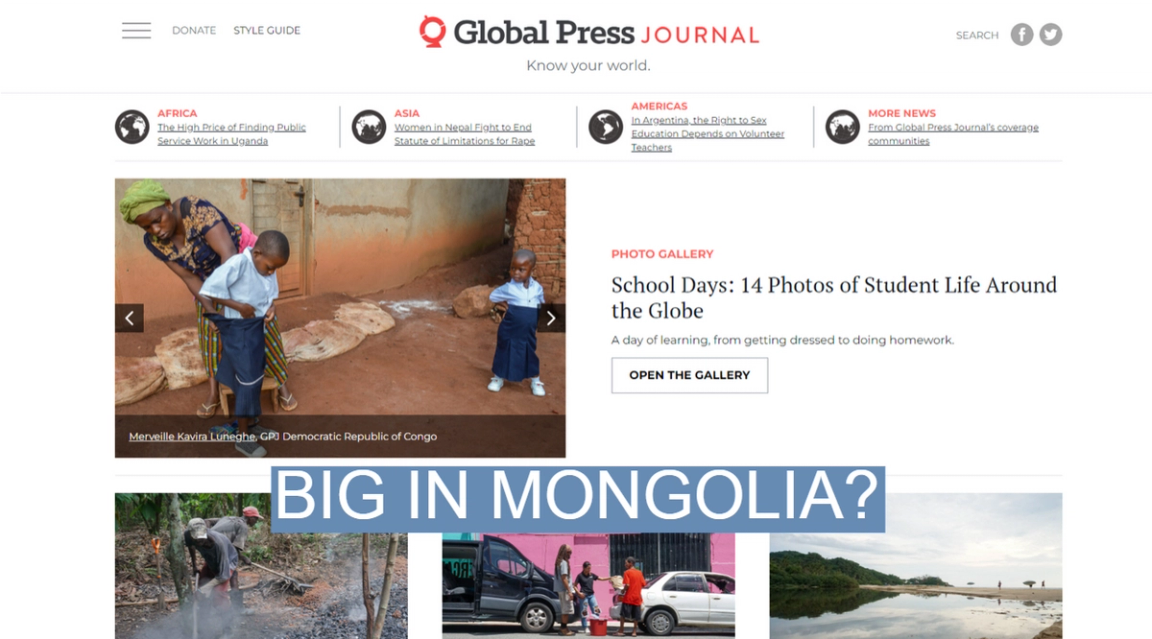 ⁛ NewsPushback: Melissa DeRosa, the former secretary of the ousted New York Gov. Andrew Cuomo, is threatening legal action against New York Magazine over an upcoming story about her new book. In a letter last week to top editor David Haskell, a lawyer for DeRosa said New York Magazine journalist Rebecca Traister is “ill-suited to provide objective coverage” of DeRosa’s book, What’s Left Unsaid, due to DeRosa’s heavy focus on Traister in her book. The letter also cited Traister’s March 2021 piece about Cuomo, saying the piece “attacked Ms. DeRosa personally—unfairly commenting on her business attire and quoting a former staffer commenting on her legs,” and noted that a source for the article admitted in a deposition that they made some exaggerations in the article. The letter also pushed back against some claims that a New York Magazine fact-checker recently put to DeRosa for an upcoming piece by Traister, which could be published as early as next week. “It is obvious that Ms. Traister has an insurmountable conflict of interest if she is involved in the coverage of Ms. DeRosa’s book,” DeRosa’s attorney Gregory Morvillo wrote in the letter. The letter added that “should New York Magazine decline Ms. DeRosa’s reasonable request to have another journalist report on her book, we will consider all our options in relation to what we may conclude is unfair, unobjective and/or defamatory coverage.” “[Traister’s] story is fully transparent about her interactions with Ms. DeRosa, and as a high-ranking public official what DeRosa chose to include or omit in her memoir and a consideration of whether she portrayed events accurately warrants review and consideration,” a spokesperson for New York Magazine told Semafor. “We look forward to publishing the piece.” Fine line: The Guardian is struggling with internal fissures over its coverage of the attack on Israeli civilians and the subsequent Israeli military action in Gaza. First, the publication fired longtime cartoonist Steve Bell after refusing to publish what critics said was an antisemitic caricature of Israeli Prime Minister Benjamin Netanyahu. Later last week, The Guardian decided not to publish an opinion piece about the backlash to people expressing pro-Palestinian viewpoints in the wake of this month’s attack, prompting complaints of censorship. Guardian spokesperson Matt Mittenthal said that the criticism was “absurd,” and said the paper “publishes a wide range of opinions on the Israel-Hamas war, including a substantial number of pro-Palestinian voices and opinions.” Bad press: Former Washington Post editor Baron was not pleased with his old employer’s review of his new memoir. Earlier this month, the paper ran a largely positive review of Baron’s book, Collision of Power, which included some criticism of the former editor and described Baron as “pissed a lot.” One person with knowledge of the situation told Semafor that the former top editor sent an email to his successor, Sally Buzbee, complaining about parts of the review, written by outgoing Columbia Journalism Review publisher Kyle Pope. In a note to Semafor, Baron clarified that he didn’t raise any issues with the review itself, but he felt that Pope was not a neutral critic, given how he factored into Baron’s book. “Reviewers are entitled to their opinions. I thought The Post should know, however, that he had a conflict of interest: Columbia Journalism Review is slammed twice in the book for work he oversaw as its editor,” he said. The Post, he said, felt its disclosure that Baron had criticized CJR was adequate. Guilded: The Freedom of the Press Foundation asks of the NewsGuild’s attempts to get reporters’ and sources’ emails: “How exactly does that serve the interests of their members, other journalists, or the public?” The Guild’s president tells Poynter: “I have a First Amendment right to publish what I want to publish.” Upvoted: The Messenger, still mining for traffic after many of its rivals have basically given up, has found some success sharing its articles on the social news platform Reddit, where it isn’t shy about posting articles in interesting channels. This week, the publication ran a story about the Israeli hostage situation, which it shared in the suggestively named — but legit, this is Reddit! — world news subreddit r/anime_titties. Pivot to men: Jezebel, one of the iconic and influential brands of the blogging era, is for sale again as its owner focuses on male readers, Axios scoops. ✦ MarketingNoAds: At AdWeek, worries about threats to advertising models both online and on television. ⁜ Tech Bot wars: While most Americans say they do not want human bias in their news, they’re not ready to let emotionless machines deliver the news either. A new poll from the Artificial Intelligence Policy Institute shared exclusively with Semafor found that just 18% of Americans said they would feel good about artificial intelligence writing news articles. But the same survey respondents seemed resigned to the fact that AI would likely be producing quality news articles soon: 62% of respondents said that AI will be able to write news articles that are indistinguishable from human-written articles in the next five years. ⁌ TVGood TV: Two extraordinary interviews offer more clarity on the conflict between Israel and Hamas than any given hour scrolling Twitter. An Al Arabiya host, Rasha Nabil, flatly challenged a key Hamas leader to justify his group’s murder of civilians. And the Egyptian satirist Bassem Youssef arrived on Piers Morgan’s show with jet-black humor, which Morgan absorbed with remarkable deftness in a riveting half-hour interview. ✰ HollywoodSubscriber fees: Striking actors will pick up talks with the studios’ “Gang of Four” executives — Disney’s Bob Iger, Warner Bros. Discovery’s David Zaslav, Netflix’s Ted Sarandos and NBCUniversal’s Donna Langley — on Tuesday, a hopeful sign after the studios ruled out sharing payments from subscribers. | 






